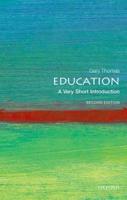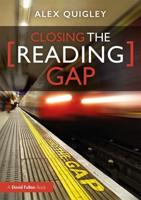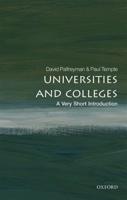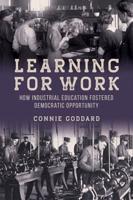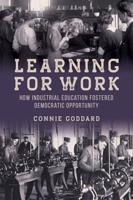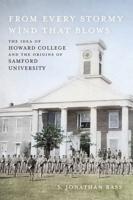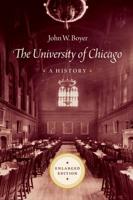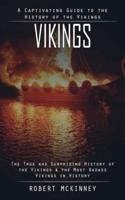Publisher's Synopsis
Inquiry plays a vital role in history as a discipline which constructs knowledge about the past and it is a vital organizing principle in history education in many countries around the world. Inquiry is also much debated, however, and although it has prominent contemporary advocates around the world, it also has prominent critics in education studies. This volume in the International Review of History Education explores the role of historical inquiry in history curricula and in history classrooms and addresses a series of linked questions, including the following:
- What does historical inquiry mean in history classrooms?
- What forms does classroom based historical inquiry take, and to what extent is it understood in differing ways in different contexts?
- What do we know about the affordances and constraints associated with inquiry-based learning in history -what is the evidence of the effectiveness or ineffectiveness of inquiry based historical learning?
We address these questions in the volume by presenting seventeen papers from eight different international contexts exploring historical inquiry that will be of interest both to history teachers, curriculum designers and history education researchers - seven papers from England, three from the US, two from Sweden and one each from Argentina, Australia, Belgium, Canada, and Singapore. The volume adds to our knowledge about teachers' thinking about inquiry and teachers' inquiry practices. It adds to our knowledge about the impact and value of inquiry in developing children's' historical learning. It also explores the challenges that implementing inquiry can present for history teachers and provides support for implementation and examples of successful practice.

